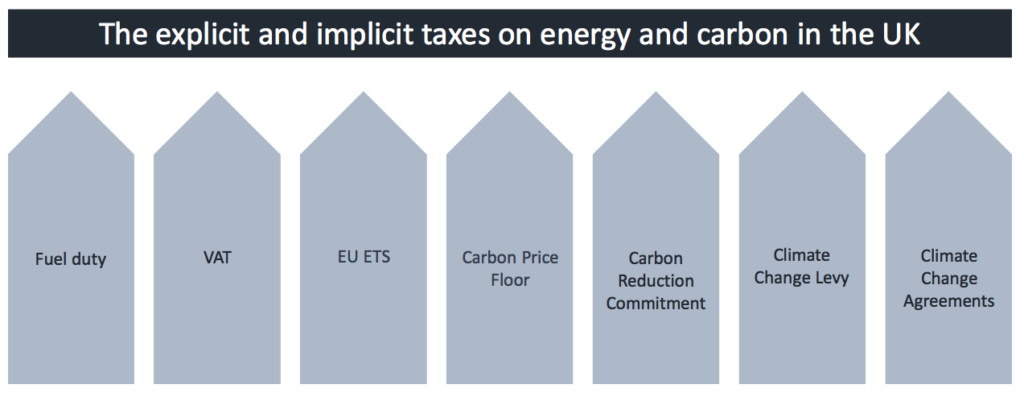 The Farmer’s Weekly advises UK farmers: Don’t miss out on climate change tax discounts Excerpts below with my bolds.
The Farmer’s Weekly advises UK farmers: Don’t miss out on climate change tax discounts Excerpts below with my bolds.
The NFU has warned farmers they face rises in climate change taxes unless they register for a discount scheme before the 31 July deadline.
The Climate Change Levy (CCL) is a tax charged on gas, electricity, LPG, coal and coke used by UK businesses.
In April 2019, CCL rates levied on energy bills will increase by about 3% for electricity and 7% for gas for any businesses that do not register for a discounted rate under an NFU scheme.
Under the CCL scheme, eligible businesses can receive a discount in return for meeting energy-efficiency or carbon-saving targets. Achieving these targets will enable the business to receive a discount until March 2023, the NFU says.
The NFU CCL scheme gives up to 93% levy reductions on electricity and 78% on gas to qualifying businesses in the pig, poultry and protected horticulture sectors. It is therefore imperative to sign up to the scheme before the deadline of 31 July, the union warns.
Example of annual CCL savings for poultry farm using 350,000 kWh of import electricity and 45,000 litres of LPG |
|||
| Year | Non-member pays | CCL member pays | Member saving |
| 2012-13 | £3,615.50 | £1,265.43 | £2,350.08 |
| 2017-18 | £4,608.10 | £605.71 | £4,002.39 |
| 2019-20 | £6,907.75 | £630.36 | £6,277.40 |


Thr UK produces about 1,2% og global emissions, a share that will fall with or without policy as developing countries increase their emissions. Farming prodcues a small proportyion of hte UK proportion, and the CCL will obly make a marginal difference to the UK total. So farmers must either pay higher taxes, or show that are making unnecssary investments of time and money for no actual return. This reduces income and makes them less competitve with farmers not faced with the burdens, But there is a political retrun in the false proclamation that UK farming is contributing towards tackling change. Most of the real trvial reductions will be through reducing UK farming output.
LikeLiked by 1 person
Thanks manic. The sure way to reduce emissions is to wind down your economy, starting with food production.
LikeLiked by 1 person